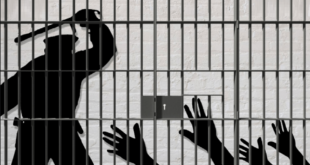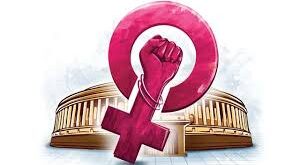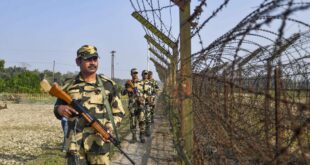- Recently, the Supreme Court has rejected Kerala government’s plea to withdraw criminal cases against its MLAs who were charged in the assembly.
- The ruling Kerala government had appealed, to the Supreme Court, to withdraw a criminal case against their leaders who destroyed public property and disrupted a Budget speech on the State Assembly floor in 2015.
Important points:
- The Kerala Government had claimed parliamentary privilege, arguing that the incident occurred inside the Assembly hall.
- They had claimed immunity from criminal prosecution.
- They had argued that the prior sanction of the Speaker was necessary before the registration of an FIR by the police.
- The legislators who indulge in vandalism and general mayhem cannot claim parliamentary privilege and immunity from criminal prosecution.
- Lawmakers possess privileges that are essential for exercising public functions.
- Vandalism and destruction inside the House are not essential for exercising legislative function.
- Vandalism on the Assembly floor could not be equated with the right to protest by Opposition legislators.
- No member of an elected legislature can claim either a privilege or immunity to stand above the sanctions of the criminal law (Prevention of Damage to Public Property Act, 1984), which applies equally to all citizens.
- Destruction of public property could not be equated with the exercise of freedom of speech.
- Legislators should act within the parameters of the public trust imposed on them to do their duty.
- They had taken office swearing true allegiance to the Constitution.
- They had to uphold the sovereignty and integrity of India and had to perform the duty imposed on them by the people who elected them.
Parliamentary Privilege:
- Parliamentary privileges are certain rights and immunities enjoyed by members of Parliament, individually and collectively, so that they can “effectively discharge their functions”.
- When any of these rights and immunities are disregarded, the offence is called a breach of privilege and is punishable under law of Parliament.
- The Constitution (Article 105 for Parliament and Article 194 for State Assemblies) mentions two privileges, i.e. freedom of speech in Parliament and right of publication of its proceedings.
- Rule No 222 in Chapter 20 of the Lok Sabha Rule Book and correspondingly Rule 187 in Chapter 16 of the Rajya Sabha rulebook governs privilege.
Individualistic Privileges:
- The members of Parliament/state assembly enjoy freedom of speech and expression.
- No member can be taken to task anywhere outside the four walls of the House (e.g. court of law) or cannot be discriminated against for expressing his/her views in the House and its Committees.
- However, a member has the privilege of freedom of speech in Parliament, he has no right to publish it outside Parliament.
- No member shall be arrested in a civil case 40 days before and after the adjournment of the House and also when the House is in session.
- It also means that no member can be arrested within the precincts of the Parliament without the permission of the House to which he/she belongs.
- The members of Parliament/ assemblies also enjoy freedom from attendance as witnesses.
SOURCE: THE HINDU,THE ECONOMIC TIMES,MINT
 Chinmaya IAS Academy – Current Affairs Chinmaya IAS Academy – Current Affairs
Chinmaya IAS Academy – Current Affairs Chinmaya IAS Academy – Current Affairs



